【新唐人2012年1月11日訊】在台灣總統大選進入倒計時之際,民進黨候選人蔡英文與國民黨候選人馬英九,繼續就關於「一個中國,各自表述」的「九二共識」進行交鋒。與此同時,美國官方表示支持馬英九政府的兩岸政策。美國《時代》週刊則指出,這次大選無論結果如何,台灣都是贏家。
台灣中選會1月6號舉行了最後一場總統候選人電視政見發表會,兩岸關係仍然是「藍綠」兩黨交鋒的重點。
馬英九表示,蔡英文不接受「一中各表」、「九二共識」,就是要打破臺海穩定和平繁榮的現狀,把台灣前途變成俄羅斯輪盤,讓老百姓變成白老鼠,以意識形態把台灣帶入高風險的境地。
馬英九:「海峽兩岸在過去3年多之所以能夠和平繁榮的發展,主要靠的就是先前有一個『一中各表』的『九二共識』,它發揮了關鍵的作用。現在蔡主席又要帶著台灣走回頭路,跟陳水扁執政的8年一樣,大家會安心嗎?」
蔡英文則表示,對於1992年兩岸願意「擱置爭議、協商對話」的務實態度,一向持肯定的看法﹔但對於「九二共識」,不但國共有不同的認知,台灣社會也沒有共識。
蔡英文:「你的邏輯很簡單,就是兩岸和平就等於『九二共識』,『九二共識』就等於『一中各表』。我要告訴你,『兩岸共識』不等於『一中各表』,中國從來沒有接受過﹔『九二共識』也不等於兩岸和平,既使有兩岸和平,現在中國對台灣的武力是不是還存在威脅呢?」
蔡英文主張「台灣共識」,當選之後將組成「大聯合政府」,目前兩岸達成的各項協議,新政府將概括承受,各項經貿交流也將持續推進。
親民黨候選人宋楚瑜則呼籲,台灣選民要放下「藍綠」之間的鬥爭,將民生問題放中間。他認為,「九二共識」是默契,不是文件。
台灣海基會秘書長高孔廉表示,在2008年,胡錦濤致電美國總統布希,用英文講得非常清楚,「九二共識」就是「一中各表」,而這英文內容,在中國的網站上查的到。
「美國西東大學」兩岸關係資深評論員楊力宇教授表示,參加92年會談的前台灣海基會董事長辜振甫生前多次向他提到「九二共識」的存在。
楊力宇:「那個時候不叫『九二共識』,那個時候叫作『一中口頭各表』。『九二共識』是到了2008年,那個時候的陸委會主委蘇起取了這個名字,後來雙方都接受這個名字。辜振甫很清楚的在回憶錄裡面說,『九二共識』是存在的。我跟辜振甫也談過好幾次,辜振甫特別向我說明『九二共識』的存在。」
北京國臺辦發言人楊毅7號回應說,兩岸商談的既有基礎就是「九二共識」﹔沒有「九二共識」,兩岸商談確實無法繼續下去。
隨著選戰進入尾聲,重視中國業務的台灣大企業紛紛表態挺「九二共識」,其中包括鴻海董事長郭臺銘、臺塑總裁王文淵等人。
美國政府日前再度重申對台灣大選保持中立。
最新一期美國《時代》週刊發表亞洲版總編輯譚崇翰的文章指出,中美雙方很明顯都希望馬英九當選,但是,中美都沒有投票權,決定權掌握在台灣選民手中,展現的是民主和自由的力量。
新唐人記者李元翰、蕭宇綜合報導。
*********************
U.S. Supports Ma‘s Cross-Strait Policy. “One China, Respective Interpretations” debate continues.
The countdown to the 2012 Taiwan Presidential election is on.
Tsai Ing-wen, the DPP candidate and Ma Ying-jeou, the KMT candidate are continually engaged in debate. Their focus is the “1992 Consensus” and the “One-China policy”. The U.S. has officially expressed support of the cross-strait policy spearheaded by the of Ma Ying-jeou government. The U.S. edition of “The Times” highlighted that whatever the outcome of the election, Taiwan will be the winner.
Taiwan's Central Election Commission organized the final televised policy debate on January 6th. The cross-strait relationship is still the focus of confrontation between the two “blue-green” parties.
Ma Ying-jeou said Tsai Ing-wen does not accept the "one China, respective interpretations" and "1992 consensus". He claims Tsai wants to break the current peace, prosperity and stability between the Taiwan Strait. He also states Tsai wants to change Taiwan's future into a Russian roulette, to change the people into white mice. Tsai is using ideology to put Taiwan into a high-risk situation.
Ma Ying-jeou: "There is a reason why both sides developed peace and prosperity over the past three years. It is because there’s a 『one China, respective interpretations』 and 『1992 consensus』 policy. It played a key role. Now, chairwoman Tsai wants to lead Taiwan backward, just like Chen Shui-bian did in the 8 years of his reign. Can all of you feel at ease with it?”
Tsai Ing-wen said she always has a positive view towards the pragmatic approach. “Putting aside disputes, engaging in consultation and dialogue”
for the cross-strait agreement in 1992. But it is not only the KMT and CCP who differ in their understanding of the “1992 consensus”. Taiwan society also doesn』t have a shared, common understanding.
Tsai Ing-wen: "Your logic is very simple, thinking cross-strait peace is equal to the 『1992 consensus』. Thinking the 『1992 consensus』 is equal to 『one China,
respective interpretations』. But I want to tell you, the 『cross-strait consensus』 isn’t equal to 『one China, respective interpretations』. Now, the CCP is deploying military that target Taiwan. Is this threatening Taiwan?”
Tsai Ing-wen advocates "Taiwan consensus" and forming a "grand coalition" after the election. The new government will generally take the agreements signed by cross-strait, pushing economic and trade exchanges.
James Soong, the People’s First Party’s candidate urged Taiwan voters to put the "blue-green" aside. Soong asked them to focus on their livelihood issues. He thinks the “1992 consensus” is a tacit agreement, not a file.
Kao Koong-lian, the secretary-general of Taiwan's Straits Exchange Foundation(SEF) also commented. Hu Jintao called U.S. president George W. Bush in 2008. Hu said very clearly in English that the “1992 consensus” is “one china, respective interpretations”. The content of this conversation can be found on Chinese websites, which described the conversation in English.
Yang Liyu, a cross-strait relations’ senior commentator from Seton Hall University commented. Koo Chen-fu, former SEF Chairman involved in the 1992
negotiations, said many times that there is a “1992 consensus”.
Yang Liyu: "It wasn’t called the 『1992 consensus』 at that time, it was called 『one china, respective interpretations』. The 『1992 consensus』 is a name created by Su Chi in 2008. He was Chairman of the Mainland Affairs Council at that time. At that time, both sides accepted this name. Koo Chen-fu said clearly in his memoirs that the 『1992 consensus』 existed. I also discussed with Koo Chen-fu many times, in which he explained many times the existence of the 『1992 consensus』.”
Yang Yi, the spokesman of Beijing's Taiwan Affairs Office spoke in response on January 7th. The foundation of the two sides’ negotiation is the "1992 Consensus". Without the "1992 consensus", the cross-strait discussion
can't be maintained.
Many large Taiwanese enterprises, who have business in the Mainland, expressed their support for the “1992 consensus”. This includes Terry Gou, chairman of Hon Hai Group and Wang Wen-yuan, president of Formosa Plastics.
The U.S. government has reiterated their neutral attitude to Taiwan's presidential election.
NTD Reporters: Li Yuanhan and Xiao Yu
看下一集
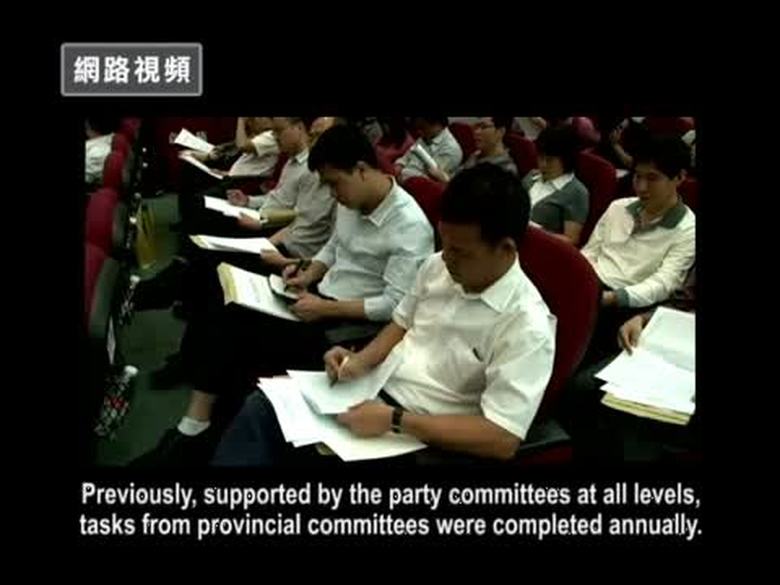
【禁聞】國企拒訂黨報 說明甚麼信號?
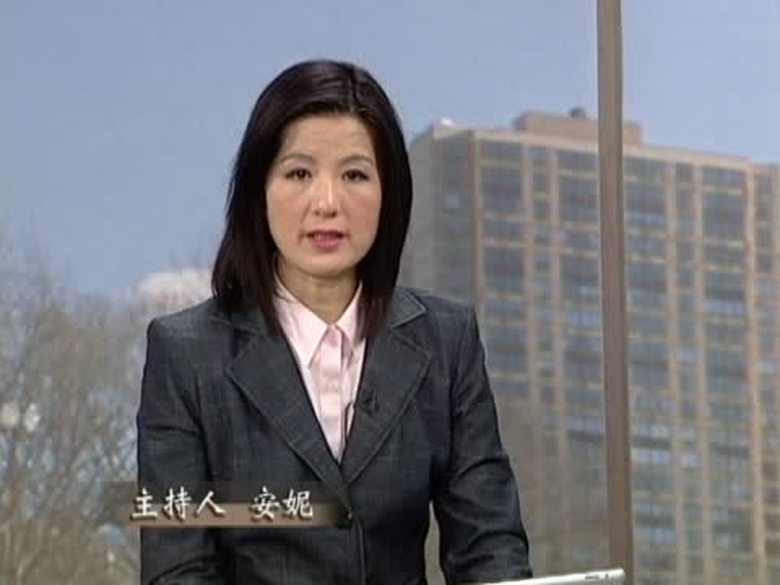
【禁聞論壇】中國金融界的醜聞
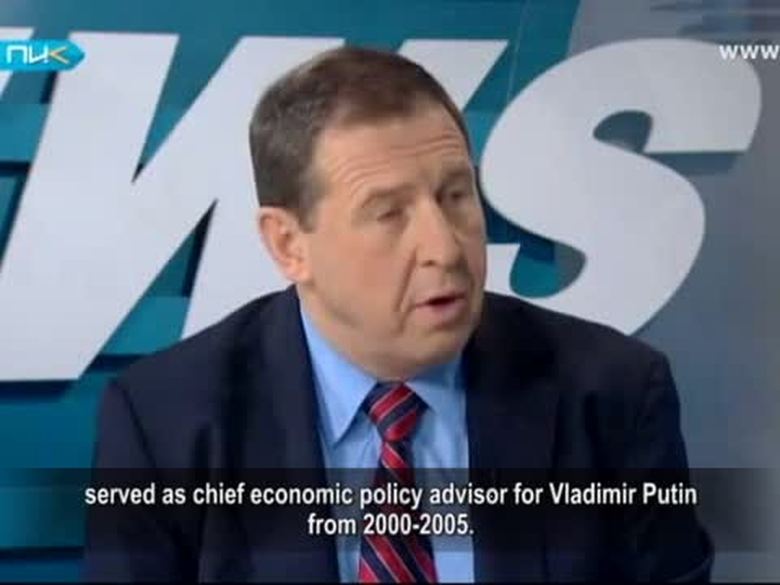
【禁聞】普京前顧問:中國退黨潮是重大事件
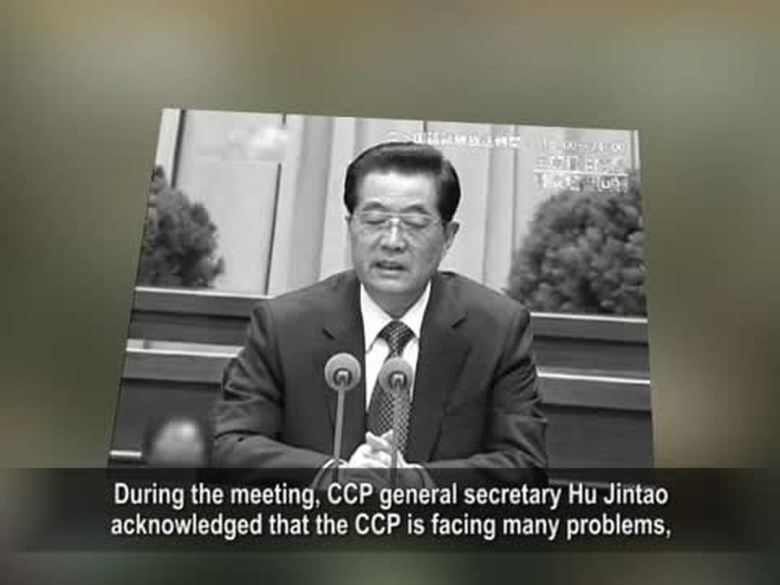
【禁聞】18大前 胡錦濤談換屆紀律有乾坤?
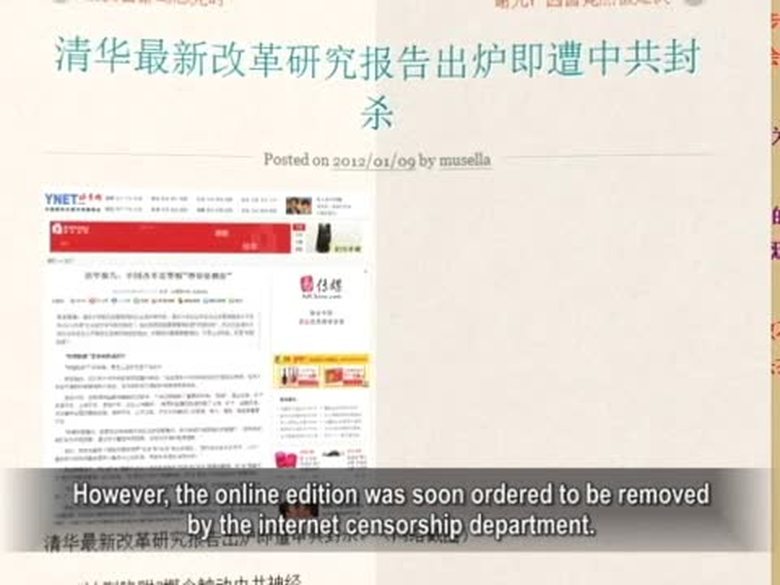
【禁聞】清華大學報告﹕「維穩」綁架改革
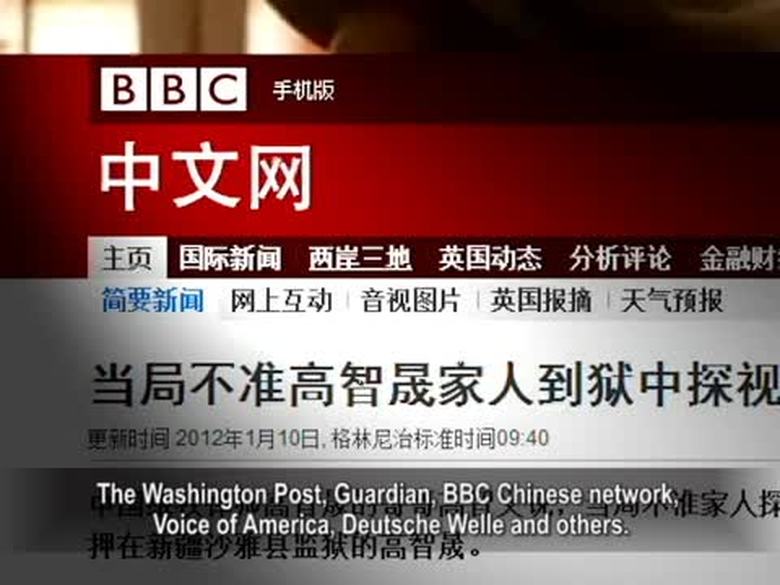
【禁聞】高智晟安危引世界聚焦沙雅
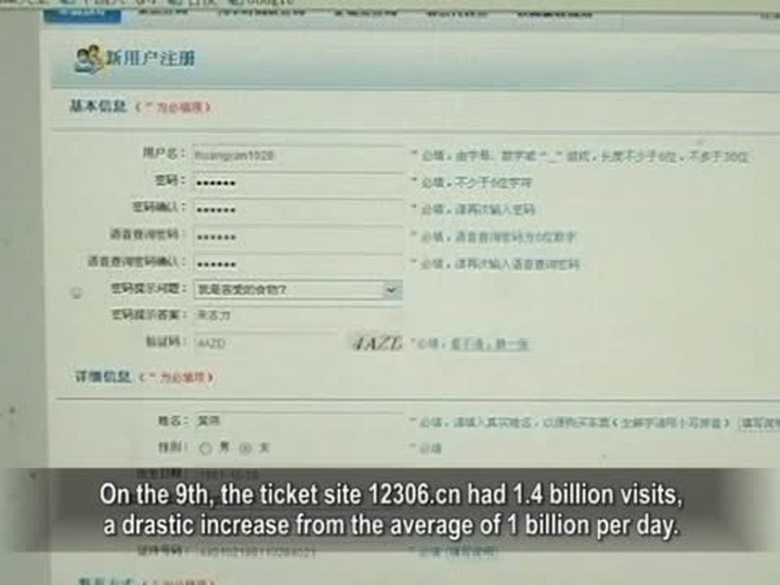
【禁聞】訂票網站近癱瘓 國企壟斷被詬病
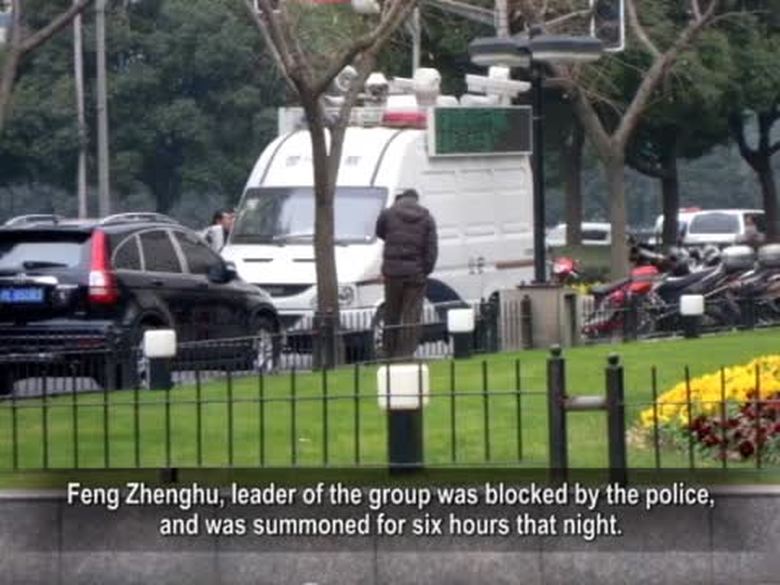
【禁聞】民眾請願示威 地方人大「刁民論」
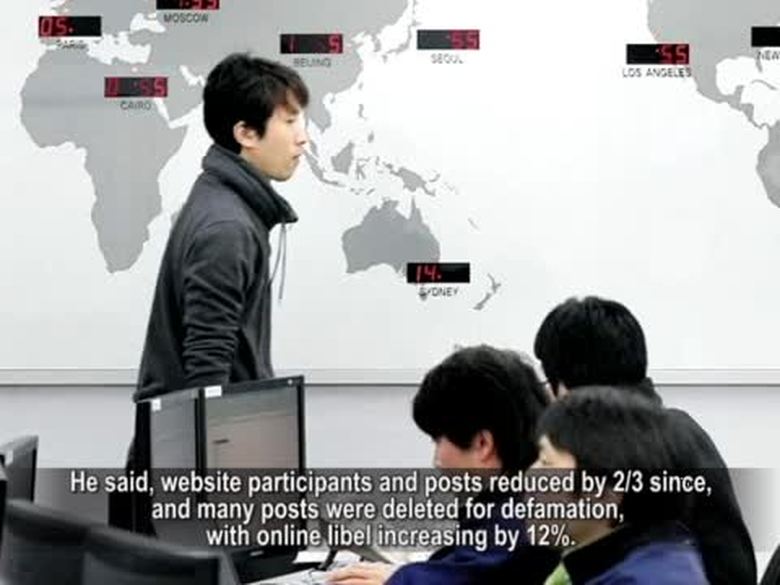
【禁聞】韓國實名制叫停 中共實名遭質疑
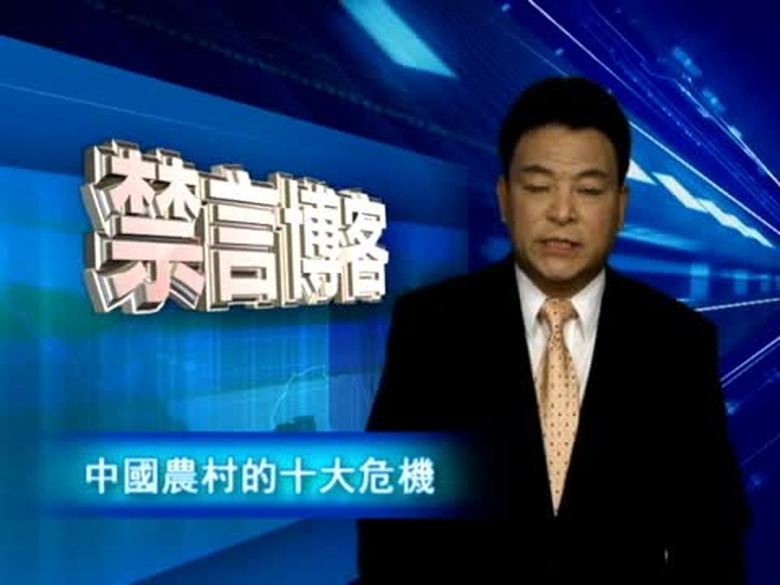
【禁言博客】中國農村的十大危機
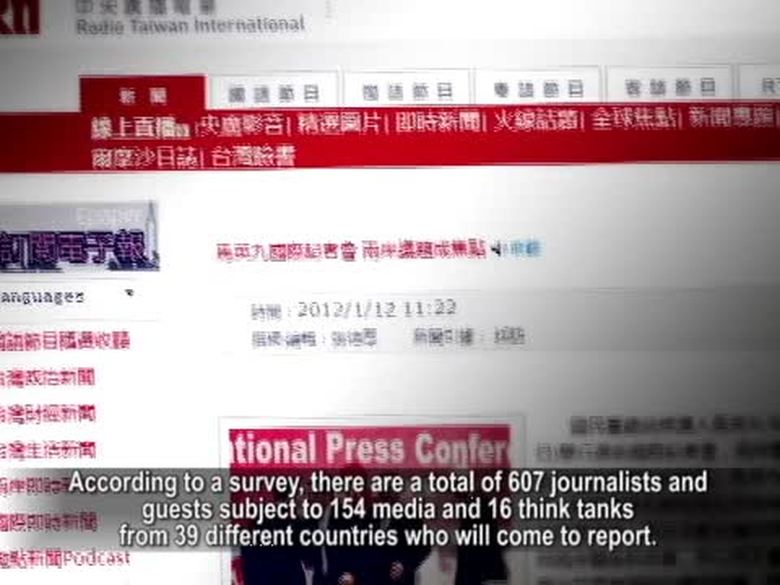
【禁聞】台灣大選倒計時 選民抉擇兩岸未來
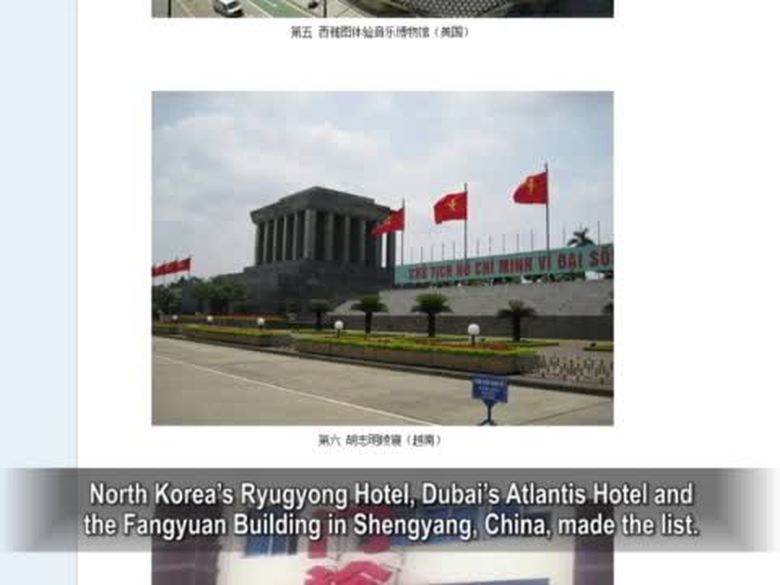
【禁聞】瀋陽方圓大廈上「全球最醜」建築榜
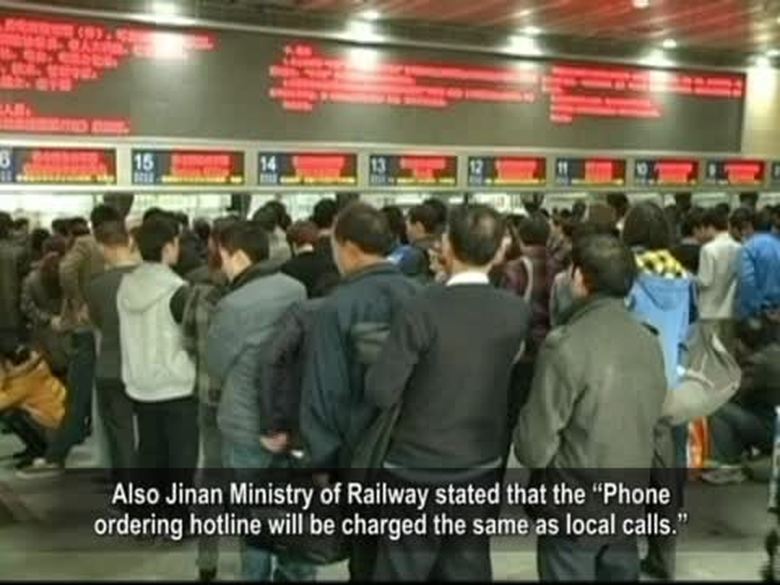
【禁聞】電話訂票收信息費 鐵道部被批搶錢
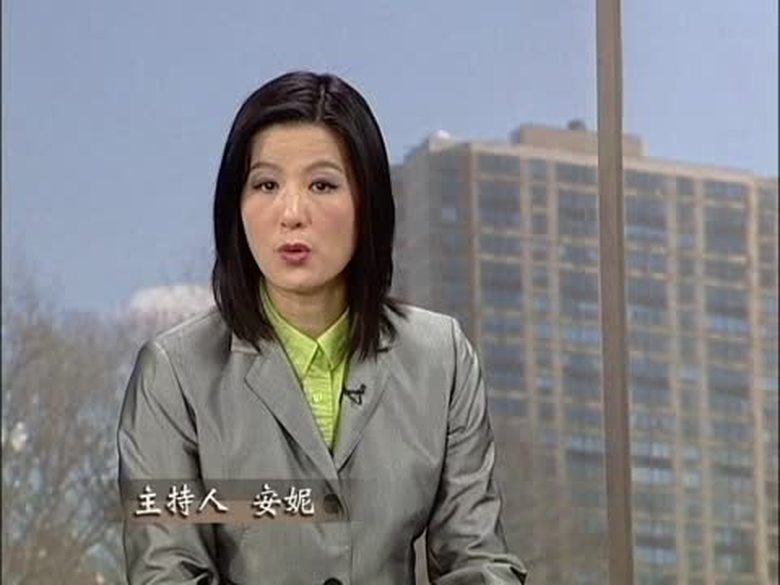
【禁聞論壇】人民幣匯率的背後
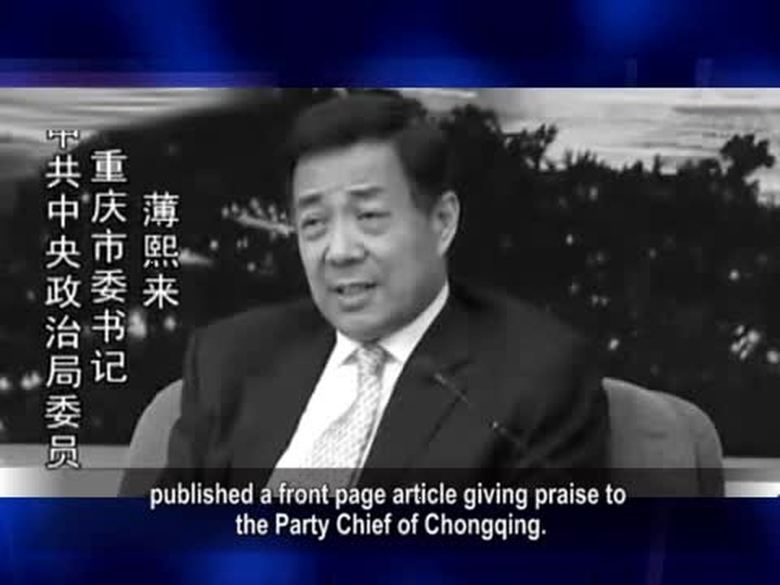
【禁聞】薄熙來受力領先 汪洋出招反擊
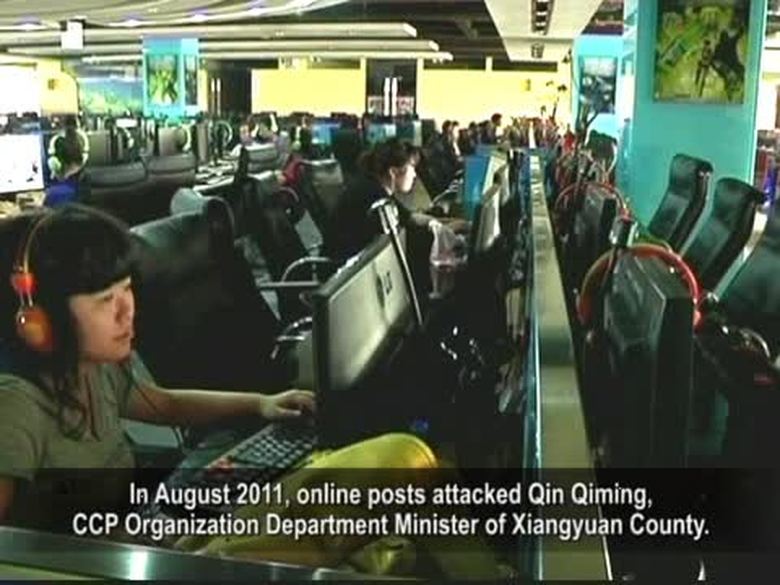
【禁聞】網警收費刪貼 判假造買賣軍官證﹖








